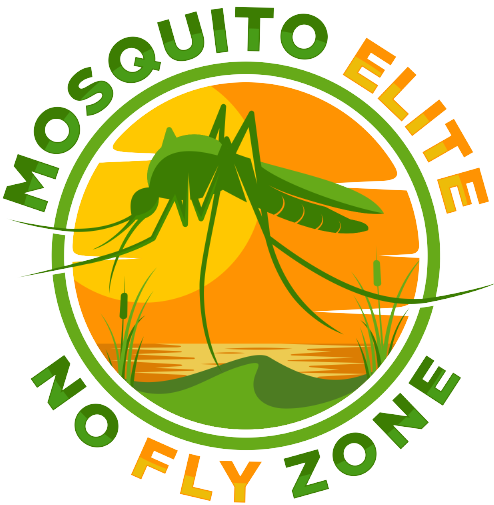Spider Vs Mosquito Bites: How to Tell the Difference and Get Relief
Owning a home comes with the joy of creating your own outdoor oasis—until pests like mosquitoes and spiders invade, turning your peaceful retreat into a source of itchy frustration. Whether you're dealing with mosquito bites or spider bites, it’s essential to know what you're up against. The team at Mosquito Elite can help you identify the culprit and provide the best treatment plan. But first, let’s break down how to tell the difference between a mosquito bite and a spider bite, so you can stop scratching and start relaxing.
Bite Appearance and Symptoms: Spider Bites vs. Mosquito Bites
If you've ever spent time outdoors, chances are you've been bitten by a mosquito or spider—maybe even both. Here’s how to tell which insect bit you:
Mosquito Bites
Mosquito bites are usually easy to spot. They show up as small, raised bumps that trigger an almost immediate itchy reaction. This happens because your body reacts to mosquito saliva, causing redness and mild swelling around the bite. If you’re particularly sensitive or allergic, those small bumps can turn into larger welts, and in some cases, hives.
Spider Bites
Spider bites are less common but can vary significantly depending on the spider species. Their symptoms take longer to develop and can range from mild to severe. Typical symptoms include redness, swelling, pain, or a burning sensation at the bite site. Some spider bites might even leave behind a target-shaped lesion or fang marks.
Dangerous spider bites like those from black widows or brown recluses can cause much more severe symptoms. A black widow bite may lead to muscle cramps, abdominal pain, and difficulty breathing. Brown recluse bites can result in fever, chills, and in extreme cases, skin necrosis (tissue death).
Treatment and First Aid: What to Do After a Bite
No matter what bit you, the first step is the same: clean the area with soap and water to prevent infection. Here’s what to do next based on the type of bite.
Mosquito Bite Treatment
Anti-itch cream: Applying hydrocortisone or calamine lotion can help ease the itching and discomfort.
Avoid scratching: As tempting as it is, scratching can lead to infection, so resist the urge!
Seek medical attention: If the bite shows signs of infection—such as increased redness, warmth, swelling, or pus—or if you have an allergic reaction like hives, difficulty breathing, or swelling of the face or throat, get medical help right away.
Spider Bite Treatment
Ice pack: Apply an ice pack to reduce swelling and relieve pain.
Monitor symptoms: Keep an eye on the bite. If it’s on a limb, elevate that limb to help reduce swelling.
Seek medical help for severe bites: If you suspect the bite came from a dangerous spider, such as a black widow or brown recluse, or if you experience severe symptoms like muscle cramps, fever, spreading redness, or blistering, seek medical care. Early treatment is critical for avoiding serious complications.
Protect Your Oasis: Mosquito and Spider Prevention
Understanding the differences between mosquito and spider bites is key to getting the right treatment and relief. But better yet, why not prevent the bites from happening in the first place? At Mosquito Elite, we offer tailored mosquito barrier treatments that can turn your yard into a No Fly Zone, so you can enjoy your outdoor space bite-free.
Ready to take back your yard and fully enjoy the perks of homeownership without the pests? Contact Mosquito Elite today to schedule a mosquito barrier treatment and make your home the haven it was meant to be.
Call us at (337) 419-0788 or visit our website to get started.
